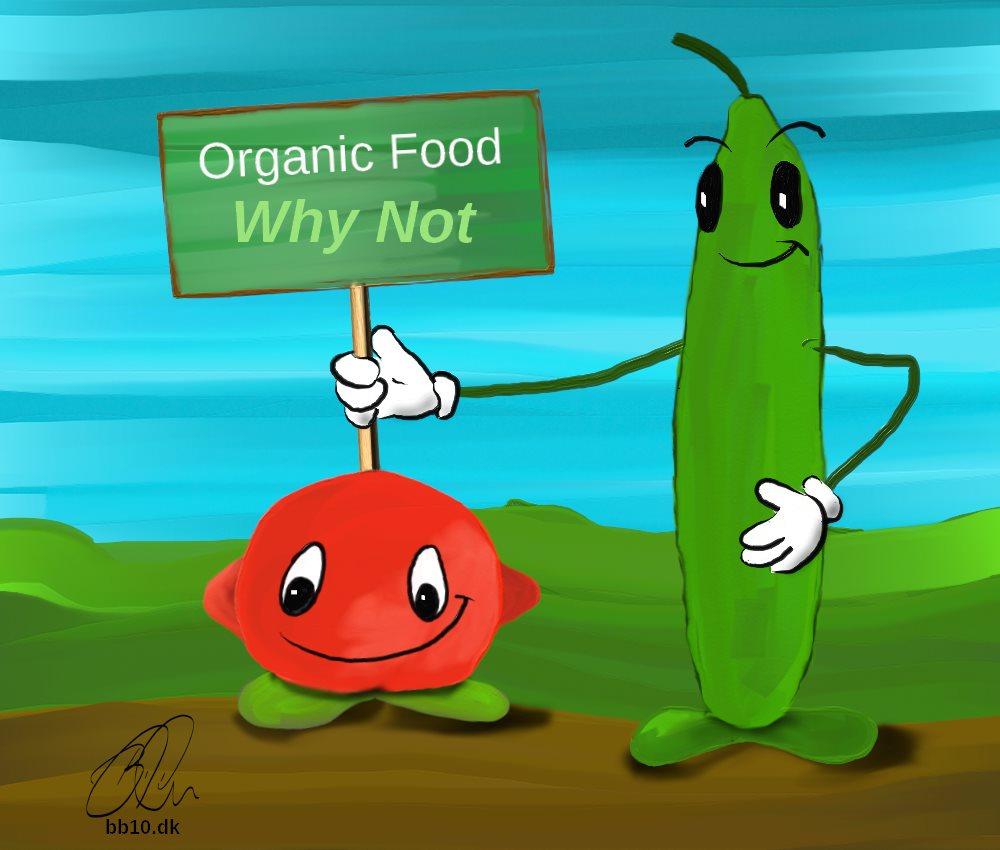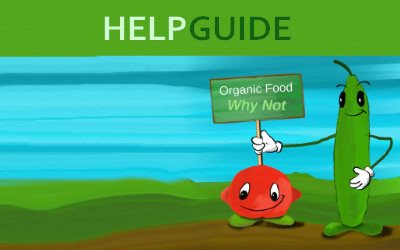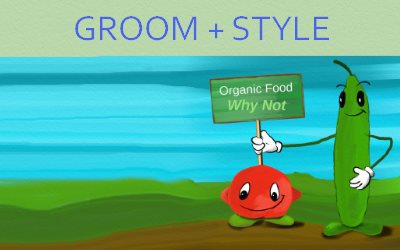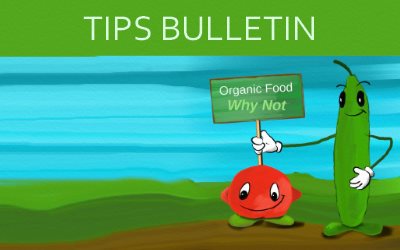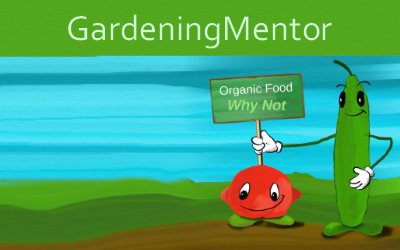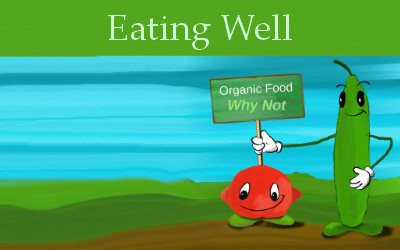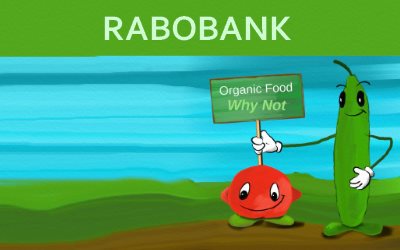Organic Food
Organic food refers to food products that are grown, raised,
Organic Food
Organic Food refers to food products that are grown, raised,
and processed without the use of synthetic chemicals,
such as pesticides, herbicides, fertilizers, antibiotics,
and genetically modified organisms (GMOs).
Here’s a quick breakdown of what defines organic food:
🌱 For crops:
-
Grown without synthetic pesticides or fertilizers.
-
No genetically modified seeds (GMOs).
-
Often uses natural methods for pest and weed control
(like crop rotation, compost, or natural predators). -
Soil health and environmental sustainability are key.
🐄 For livestock:
-
Animals are raised without antibiotics or synthetic hormones.
-
Must be fed organic feed.
-
Access to the outdoors (pasture) is required.
-
Emphasis on animal welfare and natural behaviors.
🏷️ Certification:
In most countries, for food to be labeled organic,
it must meet specific standards set by a regulatory body. For example:
-
USDA Organic (United States)
-
EU Organic (European Union)
-
India Organic (India)
These certifications ensure the farm and processes follow strict organic guidelines.
🥦 Why do people choose organic?
-
To avoid synthetic chemicals and GMOs.
-
Concerns about health and food safety.
-
Environmental reasons (organic farming tends to be more eco-friendly).
-
Animal welfare concerns
-
✅ Possible health benefits:
-
Lower pesticide residues
-
No GMOs or synthetic additives
-
Higher antioxidants in some fruits and vegetables
🤔 But...
-
Nutritional differences are often small.
-
Washing non-organic produce can also reduce pesticide exposure.
-
Organic doesn't automatically mean “healthier” (e.g., organic cookies are still cookies).
So, while organic food can reduce exposure to certain chemicals, eating a balanced diet full of fruits,
veggies, and whole foods—organic or not—is what matters most. -

